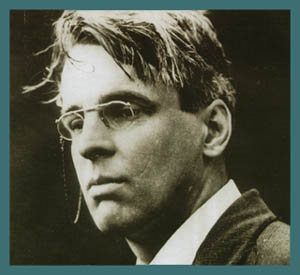
Public domain Kindle book, download it
I've seen about 6 film versions of A Christmas Carol, including one from the 1930's, one from the 1950's, one musical, one CGI film, and one version with Muppets, but I've never actually read A Christmas Carol until now. I'm so glad I did! It's familiar and moving, true, but it's also hilarious, which is something that rarely comes across in the movies. In the famous opening line, “Marley was dead: to begin with. There is no doubt whatever about that,” the narrator follows up his statement with plenty of proofs about just how dead Marley is, and he continues to makes asides and comments to the reader throughout the book. The narrator is his own character, really, with opinions, tastes, and preferences, and he is very aware that he's narrating and keeps referring to himself in the first person. After some thought, I've decided that A Muppet Christmas Carol with its inclusion of Gonzo as a narrator comes the closest to hitting on the high pitch of descriptive comedy actually contained in the book.
Beyond the funniness, the sorrow in the book is also very palpable, and I'm particularly struck by Jacob Marley's suffering as it's portrayed in the book. There's an extra impact to the lines when they're read:
Scrooge: “What do you want with me?”
Marley: “Much.”
and later, “Speak comfort to me, Jacob!”
-“I have none to give.
Even with all of Marley's evident pain, Scrooge humbugs everything and it's extraordinary how much supernatural interference it takes to make him believe in anything but his own small power. Scrooge does eventually get accustomed to the weirdness, though, and the narrator says that as he waits for ghost number 2, he's expecting the sudden appearance of anything from a baby to a rhinoceros. I was eager to see the book's depiction of the Spirit of Christmas Past because this is the character that has been presented with the most variety in the film versions. I've seen the ghost presented as an old man, an old woman, a little girl, and a living flame. In the book, it's a child who also looks like an old man and a living flame—which clears up my mental image perfectly. (No, no it doesn't.)
I also love some of the details we get about Scrooge's past in the book. For example, Scrooge used to adore (and still gets very excited about) adventure stories like Robinson Crusoe and Abi Baba and the Forty Thieves. And book-Fezziwig is even fezziwig-ier than I've seen in movies, and he's prone to exclamations like “Yo-ho, hilli-ho, chirrup!” But he's not a silly figure for all this exclaiming; his heart is so generous that he brings joy to everyone around him, including people who are unpopular and mistreated.
I find it interesting is that this book with its odd phantoms and strange philosophy still manages to keep the “Christ” in Christmas. Most film versions take out any reference to Jesus' birth or even to God beyond Tiny Tim's “God bless us, every one!” But here, the child born in Bethlehem is mentioned fairly regularly as being a key part behind why we should love our neighbors.
A Christmas Carol is a pleasure to read. It perfectly portrays the contrast between the abundant plenty of Christmas feasts among those with wherewithal, and the the cold, pinched deprivation of people who are outside. The point of the story is that Scrooge must become the kind of person who brings all that warm, hearty merriness from the inner circle and carries it to those who are in need. He does so beautifully and admirably. May that truly be said of us, and all of us. Grade: A



